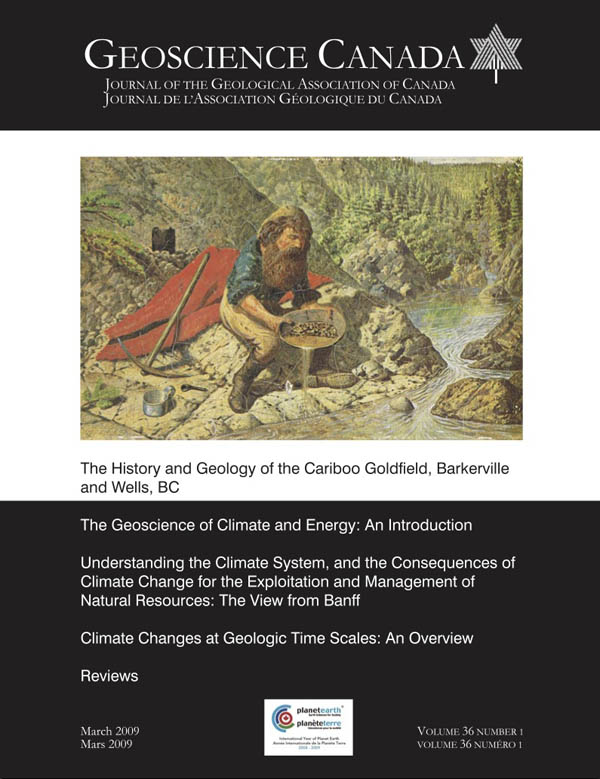Résumé
A commonly expressed opinion within the earth-science community is that the work of the Intergovernmental Panel on Climate Change (IPCC) has largely ignored paleoclimate data and the methods of research utilized by earth scientists. It can be demonstrated that this is not the case, and one of the objectives of the Gussow–Nuna conference was to present current research in this area.
Whereas earth scientists might seem ideally placed to address issues of climate change and energy, many of the beliefs that inform public opinion about global warming and climate change are based on misrepresentations or over-simplifications. Six examples are discussed here, including mis-perceptions about the melting and retreat of glaciers, the true causes of concern about the future fate of polar bears, and myths about petroleum pricing and availability.
There is ample space for the earth-science community to add its informed voice to debates about energy and climate change, but, to date, this voice appears to be have been largely ineffective.
RÉSUMÉ
Dans le milieu des sciences de la Terre on a souvent l’opinion que les travaux du Groupe d'experts intergouverne-mental sur l'évolution du climat (GIEC) ont largement ignoré les données et les méthodes de recherche paléoclimatiques employées par les géoscientiques. On peut prouver que ce n’est pas le cas, et que c’était un des objectifs de la Conférence Gussow− Nuna que de présenter les recherches actuelles en la matière.
Bien qu’il semble que les géoscientifiques soient les mieux placés pour traiter de questions de changement climatique et d’énergie, de nombreuses croyances qui modèlent l’opinion publique sur le réchauffement global et le changement climatique reposent sur des informations trompeuses ou des simplifications excessives. Six exemples seront discutées ci-dessous, dont les perceptions erronées sur la fonte et le retrait des glaciers, les véritables motifs d’inquiétude sur le sort des ours blancs, et la saga des prix et de la disponibilité du pétrole.
Nombreux sont les forums où les géoscientifiques peuvent faire entendre leur voix compétentes dans les débats sur l’énergie et le changement climatique, mais il semble que cela ait été sans grand effet jusqu’à maintenant.
